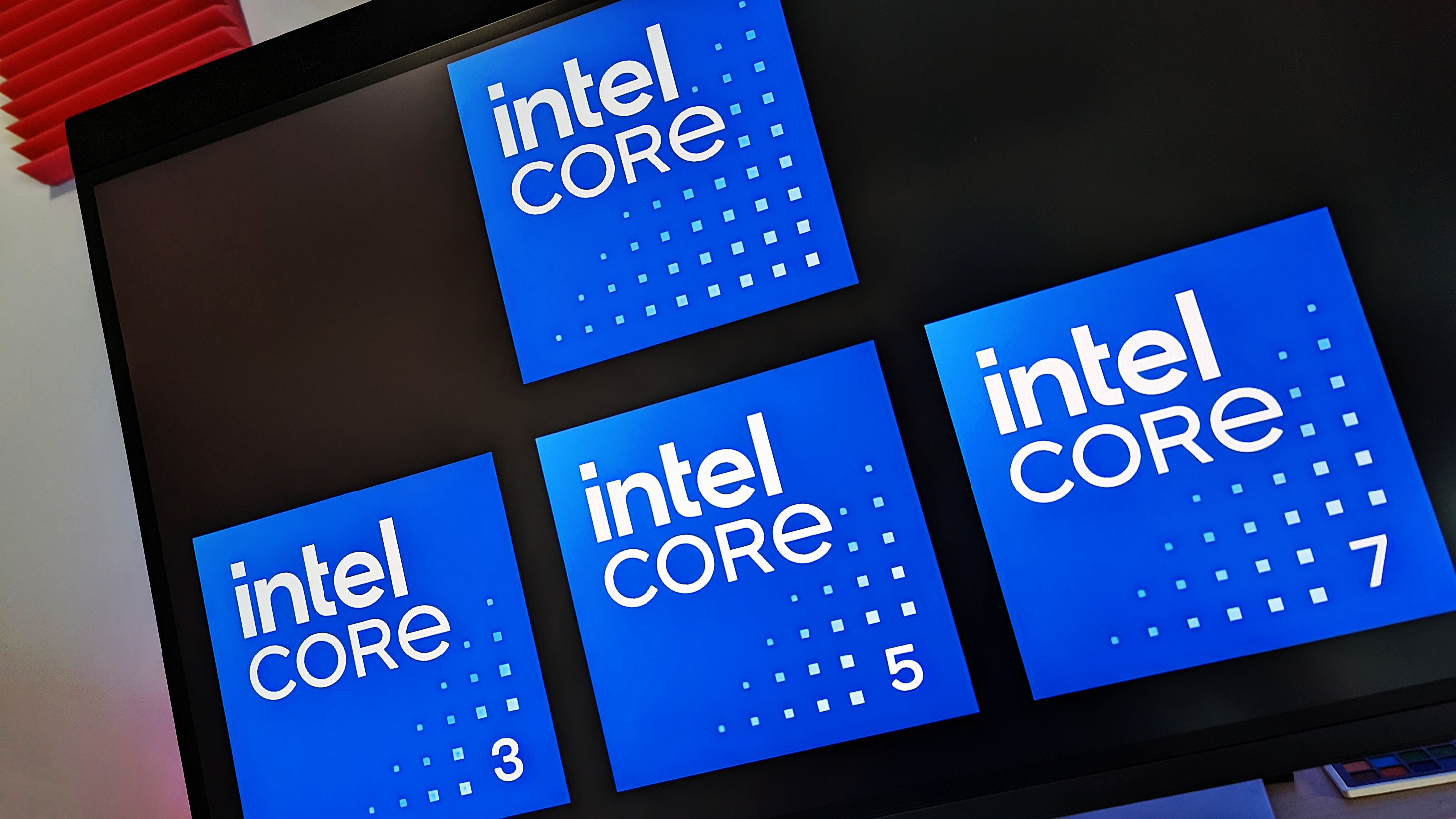
What you need to know
- Intel announced an agreement to purchase Tower Semiconductor for $5.4 billion in February 2022.
- Tower produces semiconductors and would help Intel's IDM 2.0 efforts compete with large players in the industry.
- The deal was expected to close 12 months after its announcement, but it has been pushed back twice due to China having not approved the purchase.
Intel's $5.4 billion acquisition of Tower Semiconductor is set to close today, but the deal may not go through as planned. The planned purchase was first announced in February 2022 and was expected to take 12 months to close but it has since been extended twice.
The holdup is due to China's State Administration for Market Regulation (SAMR) not approving the deal. Intel and Tower extended the planned acquisition from February to June 2023 and then when mid-June rolled around the companies extended the deadline once again.
If SAMR does not approve the deal, Intel and Tower will have to either extend things once again or cancel the purchase.
Tom's Hardware reported on the ongoing saga this week and highlighted that Intel CEO Pat Gelsinger flew to China recently to try to help the deal go through.
Intel made a radical strategy shift in March 2021 when the chipmaker announced that it would produce semiconductors for other companies. A significant investment has since been made into Intel Foundry Services, including tens of billions of dollars being put toward chip manufacturing plants.
Amazon and Qualcomm were among the first companies to use Intel Foundry Services. Intel leadership has stated the goal is for the company to become the second largest foundry in the world by the end of 2030. The acquisition of Tower going through would help Intel greatly in those efforts.
China blocking Intel?
The reluctance of SAMR to approve the deal is strange, or at least it appears to be caused by different motives than other regulatory bodies blocking purchases. Intel acquiring Tower will help the former succeed in the semiconductor industry, but Intel won't become a monopoly if the deal goes through. Intel would still lag behind TSMC, Samsung, as well as some foundry services based in China.
Even if the Tower deal helps Intel hit its goal of becoming the second-largest semiconductor maker in the world by 2030, I don't think there would be an Intel monopoly. There are massive companies in the semiconductor space that can all compete in a healthy way.
Anton Shilov at Tom's Hardware suggested that the move by SAMR could be because Tower would help Intel compete with Chinese semiconductor makers, including SMIC and Hua Hong. I agree that is likely the case. An Intel with the assets and talent of Tower would compete better with those organizations, though not in a way that justifies blocking the deal.







